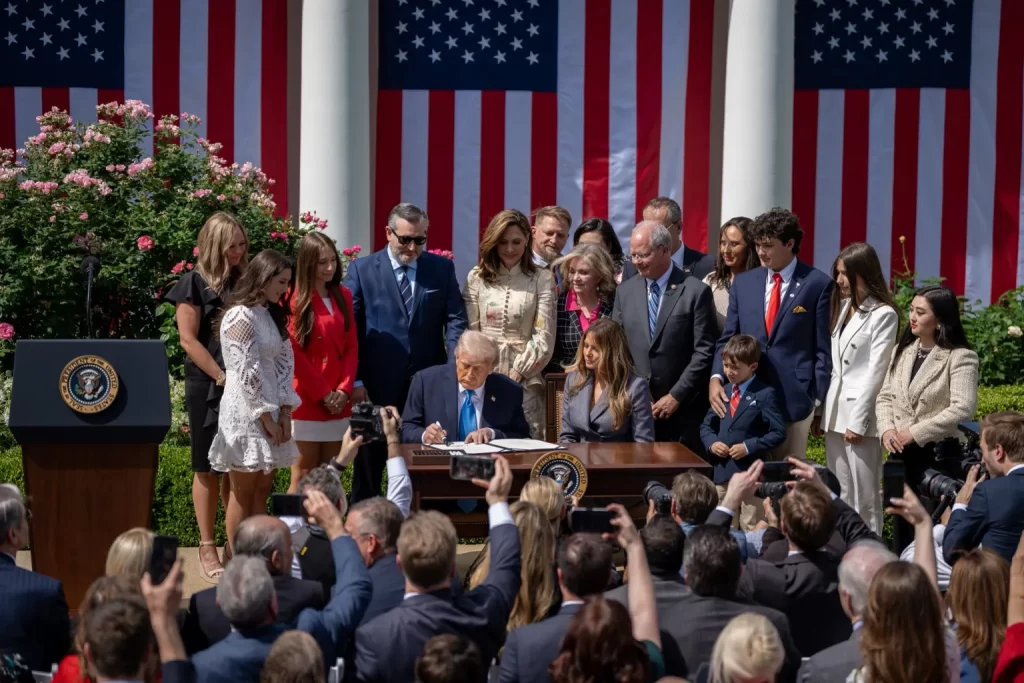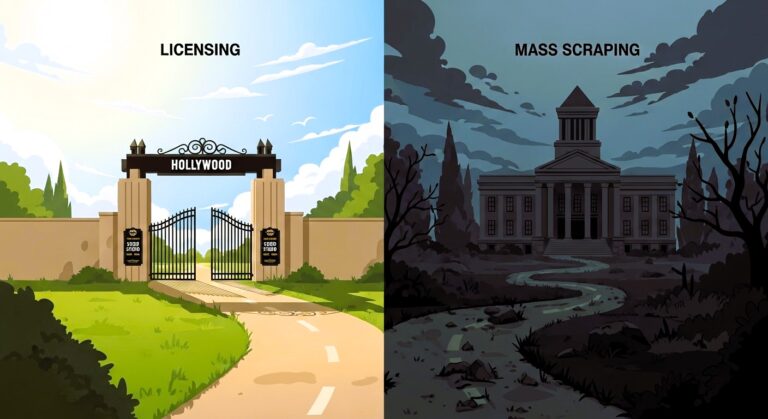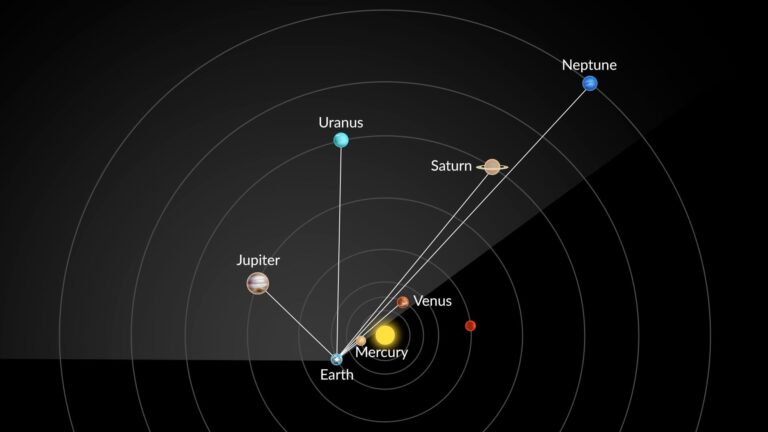Washington, D.C. — May 19, 2025 — In a major step toward protecting individuals from online abuse, President Donald Trump has signed into law the “Take It Down Act,” a bipartisan bill that criminalizes the nonconsensual sharing of intimate images, including those created using artificial intelligence (AI) and deepfake technology.

Sen. Ted Cruz: “The TAKE IT DOWN ACT is an historic win for victims of revenge porn and deepfake image abuse. Predators who weaponize new technology to post this exploitative filth will now rightfully face criminal consequences, and Big Tech will no longer be allowed to turn a blind eye to the spread of this vile material. This day stands as a powerful testament to the bravery and dedication of Elliston Berry, Francesca Mani, Breeze Liu, and Brandon Guffey, whose relentless advocacy made this law possible. I am deeply grateful to my legislative partners, particularly Sen. Amy Klobuchar and First Lady Melania Trump, for their collaboration in advancing this critical legislation to protect every American’s privacy and dignity online.”
A New Era in Digital Protection
Trump Signs Take It Down Act Landmark Bill , is the first federal legislation in the United States that directly addresses the rising threat of AI-generated harassment and revenge porn. The law makes it a federal crime to knowingly publish or threaten to publish intimate images real or AI-generated—without the subject’s consent.
“This legislation ensures that victims of digital exploitation have recourse and that bad actors cannot hide behind anonymity or advanced technology,” said President Trump during the bill’s signing ceremony. The Act passed overwhelmingly in Congress, with a 409–2 vote in the House and unanimous approval in the Senate.
What the Law Enforces
Under the Take It Down Act:
-
Nonconsensual intimate imagery (NCII)—including deepfakes and AI-generated pornographic content—will be treated as a federal offense.
-
Online platforms are required to remove flagged NCII content within 48 hours of a complaint and take measures to prevent its re-upload.
-
The Federal Trade Commission (FTC) is tasked with enforcement. Individuals who violate the law could face up to three years in prison and significant fines.
Advocacy and Support
The Act was strongly supported by First Lady Melania Trump, who tied the initiative to her “Be Best” campaign, which advocates for children’s well-being and online safety. She praised the bill as a “milestone in safeguarding human dignity and mental health in the digital age.”
Victims of image-based abuse will also have access to resources through organizations like the Cyber Civil Rights Initiative, which operates a 24/7 support hotline at 1-844-878-2274.
Civil Liberties Concerns
While the bill has been lauded for its victim-centered approach, it has also drawn criticism from digital rights groups such as the Electronic Frontier Foundation and the Center for Democracy and Technology. These organizations warn that vague language in the legislation could potentially be misused to suppress legitimate speech or target tools like encryption.
Nevertheless, supporters argue that the urgency to address the misuse of deepfake technology—often used to harass, humiliate, or blackmail individuals—outweighs these concerns.
Looking Forward
The Take It Down Act marks a significant turning point in how the U.S. government approaches the intersection of technology, privacy, and personal safety. As AI tools become increasingly sophisticated, this law sets a precedent for future legislation aimed at protecting individuals in the digital world.


